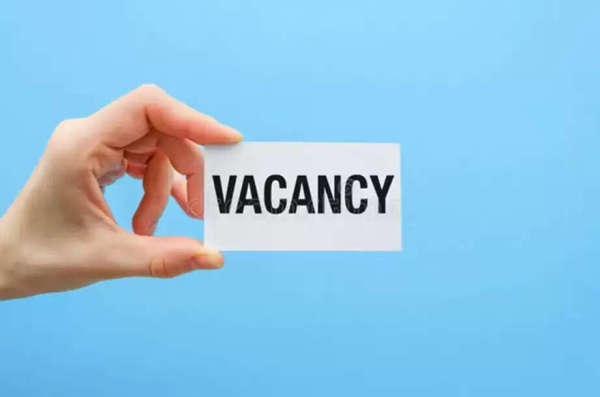
When we think of success, we often think of someone who is intelligent. Maybe they’re a math whiz, an entrepreneur, or a renowned scientist, and it’s usually someone who excelled in academics. In the real world, intelligence alone isn’t enough to ensure someone’s success, however.
Individuals who have cognitive intelligence can get pretty far in their careers, but may hit an unexpected roadblock that can make or break their professional growth. It’s as simple as having a grasp on their own emotions and the emotions of the people around them.
Emotional intelligence may be more important at work than cognitive intelligence.
IQ tests are designed to measure our general intelligence. They test our cognitive abilities such as reasoning, logic, memory, and problem-solving. Therefore, people with high IQ scores must be pretty smart, right?
Dragana Gordic | Shutterstock
Yes, but that’s not all there is to intelligence. These tests only assess skills in a specific set of domains, and they don’t necessarily equate to absolute intelligence. Turns out, there are other types of intelligence that contribute to success in your career and your life.
Emotional intelligence, or the ability to manage and understand the emotions of yourself and those around you, can be an extremely valuable tool in effectively communicating, resolving conflicts, and building relationships. These skills are highly sought after not only in employees, but also in leaders.
“The trouble occurs when people misunderstand this point. They assume IQ represents raw ‘brain power.’ Worse, some people equate IQ with worth,” author Jonny Thomson told Big Think. “Employers, especially, might write off a person based on a low IQ. Doing so fails to appreciate that many employees can offer skills and abilities that lie beyond the scope of IQ tests.”
: 8 Things High-Value Workers Do Way Better Than Everyone Else Without Even Thinking About It
Emotional intelligence is becoming increasingly desirable in the workplace.
Though other psychologists introduced similar ideas, Daniel Goleman, a psychologist and science journalist, is credited with making emotional intelligence mainstream in 1995. In one of his books, “Working with Emotional Intelligence,” he wrote, “Many people who are book smart but lack emotional intelligence end up working for people who have lower IQs than they but who excel in emotional intelligence skills.”
Goleman referenced a study that analyzed competencies across 286 organizations. They identified 21 competencies of top performers, and 18 of them were to emotional intelligence. Goleman concluded, “In other words, the vast majority — more than 80 percent — of general competencies that set apart superior from average performers depend on emotional intelligence.”
: 11 Unique Things Brilliant People Demand At Work That Most Employees Would Never Ask For
Anyone can learn and develop emotional intelligence.
While your IQ tends to stay roughly the same over your lifetime, your emotional intelligence is a skill that can be improved through intentional practice. Start by making space for self-awareness in your day. This could take many forms, like journaling, meditating, or simply sitting with your thoughts. Learn how to recognize your emotions and what triggers you.
 Drazen Zigic | Shutterstock
Drazen Zigic | Shutterstock
Additionally, work on self-regulating your emotions. Figure out strategies to manage your reactions and maintain emotional balance. It can be difficult, especially if you work or live in a high-stress environment, but keep at it!
Once you have more awareness of your own emotions, practice empathy and try to understand the emotions of the people around you. Robert Waldinger, director of the Harvard Study of Adult Development, suggests “radical curiosity,” or the act of listening to others and being genuinely interested in what they are saying. You will gain a greater appreciation for their perspectives and their struggles, and you’ll likely notice a big difference in how they respond to you.
: CEO Says Workers Who Have These 3 Traits ‘Don’t Fail’
Kayla Asbach is a writer currently working on her bachelor’s degree at the University of Central Florida. She covers relationships, psychology, self-help, pop culture, and human interest topics.
-
Gold Investment: This is the worst way to invest in gold! 99% of people are unaware of this..

-
GMCH Chandigarh Recruitment 2025: Recruitment for various posts including Senior Resident and Medical Officer, exam starts from November 16..

-
IB ACIO Gr-II/Tech Recruitment 2025: Registration for recruitment to 258 posts begins on October 25, salary will be more than one lakh..

-
New Bank Rule: Rules are set to change from November 1st! You can now create four nominees for your bank account..

-
UCO Bank Apprentices Recruitment 2025: Registration for apprenticeship begins, this much stipend will be given..
